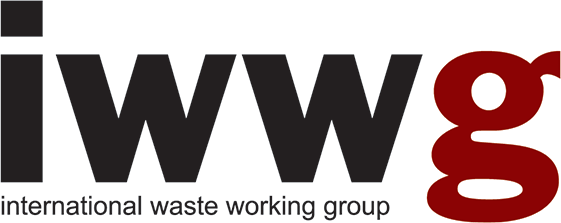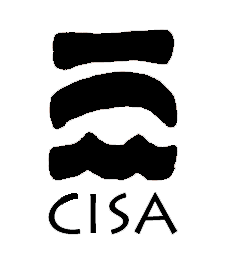EDITORIALS - Edited by Raffaello Cossu |
|
|---|---|
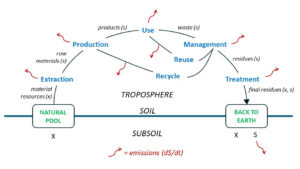 | THE NEED FOR SINKS DURING THE TRANSITION TO A GLOBAL CIRCULAR ECONOMY by Raffaello Cossu and Ian Williams, University of Padova, Italy "In the management of solid waste the deposit on soil has historically played a fundamental role. This role originates directly from the life cycle of (degradable) products that obey the natural principle of mass balance (in a closed system the mass at any point will be the same) and Lavoisier’s Law of Conservation of Mass: (material cannot be lost - it can only be transformed).." Download full text |
 | CIRCULAR ECONOMY BETWEEN BUSINESS AND BIODIVERSITY by Maria C. Lavagnolo, G. Felici and A. Lanzavecchia, University of Padova, Italy "The increasing loss of biodiversity is one of the most dramatic consequences of climate change and human impact. Biodiversity provides ecosystem services essential for human life such as food, materials, clean water, climate regulation, and many others." Download full text |
 | WE HAVE TO BE HONEST ABOUT CIRCULAR ECONOMY by Rainer Stegmann and Tingting Tingting Liu "Debates relating to waste management (WM) are frequently reduced to the topic of Circular Economy (CE). However, the focus of CE does not extend to all fields of |
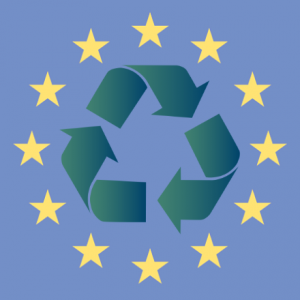 | WASTE MANAGEMENT WITHIN EUROPEAN UNION: MUST THE DISCOURSE CHANGE? by Oskar Johannson, Luleå University of Technology, Sweden "From a legal perspective, waste management is about dealing with the potential risks that waste poses for human health and the environment. Within the European Union (EU), waste is primarily governed by the Waste Framework Directive (2008/98/EC) (WFD) and associated legislation. In the advent of the circular economy, an additional purpose has come to the center of attention, namely that of utilizing waste as a valuable resource." Download full text |
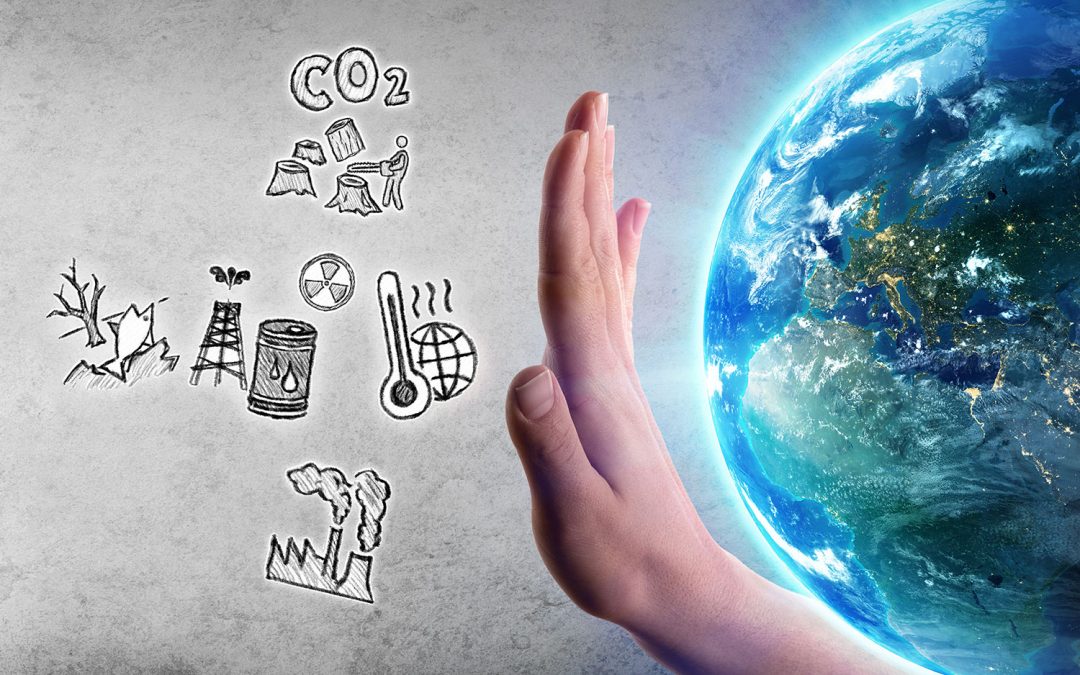 | NEW PRIORITIES IN WASTE MANAGEMENT: ENERGY PRODUCTION, CLIMATE PROTECTION AND ENVIRONMENTAL SUSTAINABILITY "We live in difficult times characterised by epidemics, extreme weather conditions, continuously rising CO2 emissions, extensive deforestation, desertification, global pollution and loss of biodiversity. Moreover, an enormous burden of human tragedies is produced by a series of wars, |
 | ENVIRONMENTAL EDUCATION AS A BRIDGE BETWEEN SCIENTISTS AND NON-SCIENTISTS TO REMOVE BARRIERS AND PREJUDICE "Scientists tend to favor peer discussions over non-scientific |
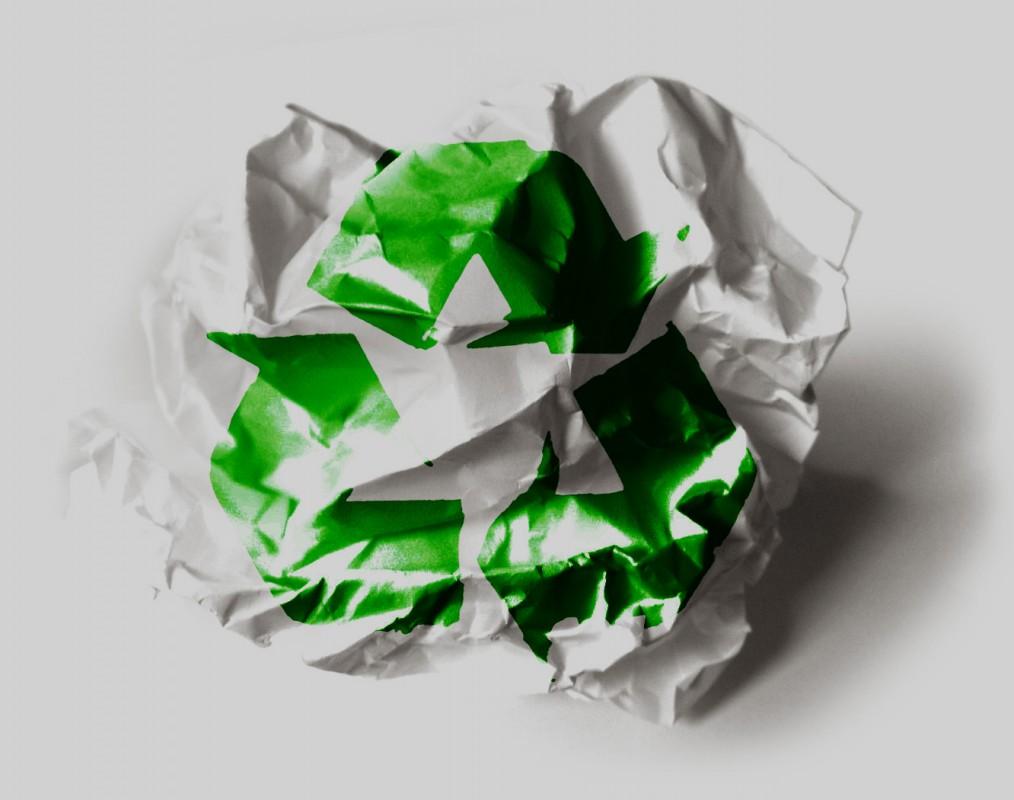 | DID END OF WASTE BRING THE END OF WASTE? "Imagine that you are driving on a highway, and you are looking for the nearest exit to your destination. It is often quite easy to find, marked with a sign and only requires a single turn. In the same vein it is easy for an object, according to EU law, to end up as waste as the only requirement is that (a) the holder discards it, (b) the holder has the intention to discard it, or (c) the holder must discard it ." |
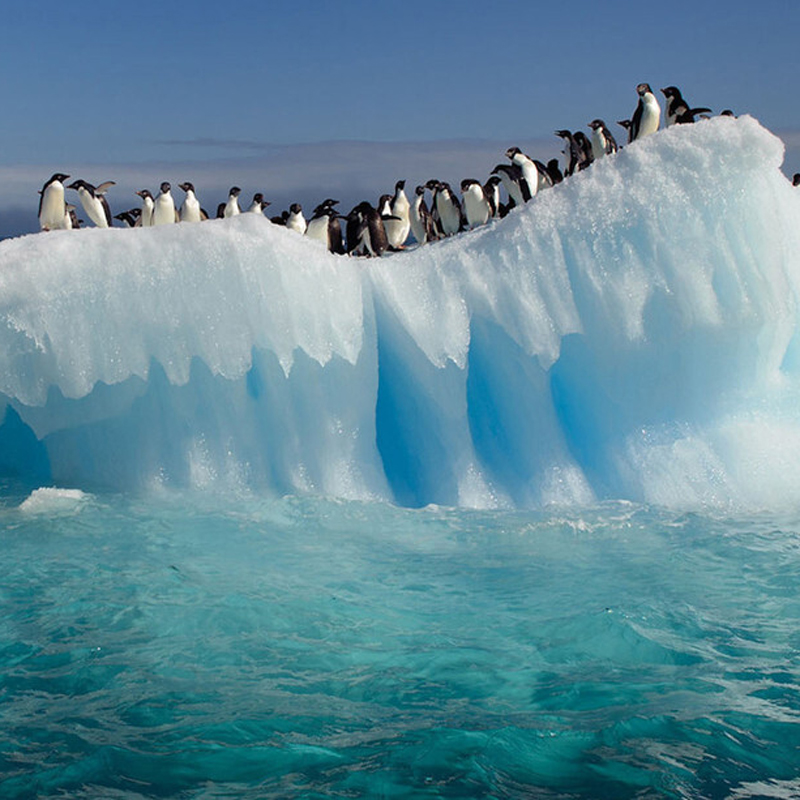 | ANTARCTICA AS A GLOBAL POLLUTION SENSOR: THE ANTAGPS PROJECT "Pollution knows no borders, it travels the globe and crosses national frontiers in many forms, reaching the most remote areas of the planet. Whilst Antarctica, the only continent that is not permanently anthropized, represents the southernmost part of the planet, this geographic segregation provides no protection against the harmful impact of human activities." Download full text |
 | CIRCULAR ECONOMY, METHANE EMISSIONS, WASTE MANAGEMENT, AND THE COURTS’ ROLE "Normally defined as a new and sustainable model of production and consumption, circular economy involves sharing, leasing, reusing, repairing, refurbishing and recycling existing materials and products as long as possible. The obvious aim is to extend the life cycle of products" Download full text |
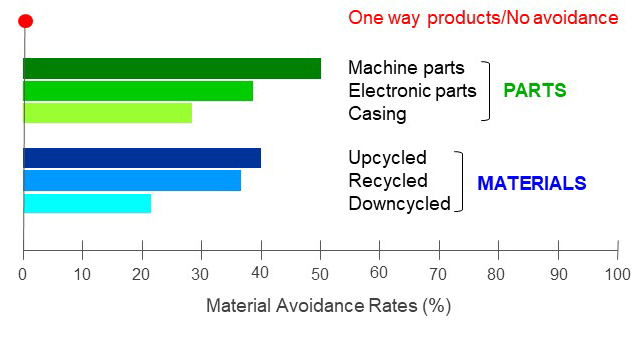 | A NEW DISCIPLINE: WASTE PREVENTION MANAGEMENT "We live in challenging times: climate change, with vast fires, flooding, droughts, hurricanes, coronavirus pandemics, difficult political situations and now also limited resources resulting in reduced production in the construction sector and car industry. Economies need more raw materials for their steadily increasing production." Download full text |
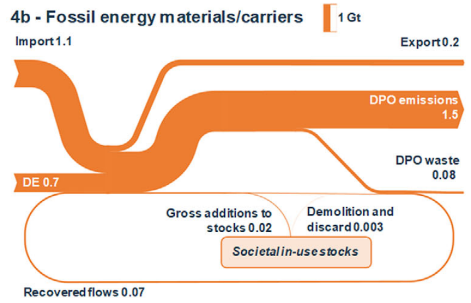 | ENERGY, A MAJOR OVERSIGHT IN THE CIRCULAR ECONOMY AND RESOURCE MANAGEMENT? "With the threat of resource depletion, the idea of "Circular |
 | THE FAILURE OF GEOMETRY: TIME FOR GEARS!? "A schematic representation of the manufacture of goods and management of associated wastes frequently results in an extensive use of geometrical figures: lines, triangles and circles. |
 | PUBLISHING: ARE WE ON THE RIGHT TRACK? "Publication is an essential part of scientific work. The dissemination of results represents a fundamental step in expanding basic knowledge to foster the development of innovative, more effective, less costly and/or more environmentally friendly technologies or processes." Download full text |
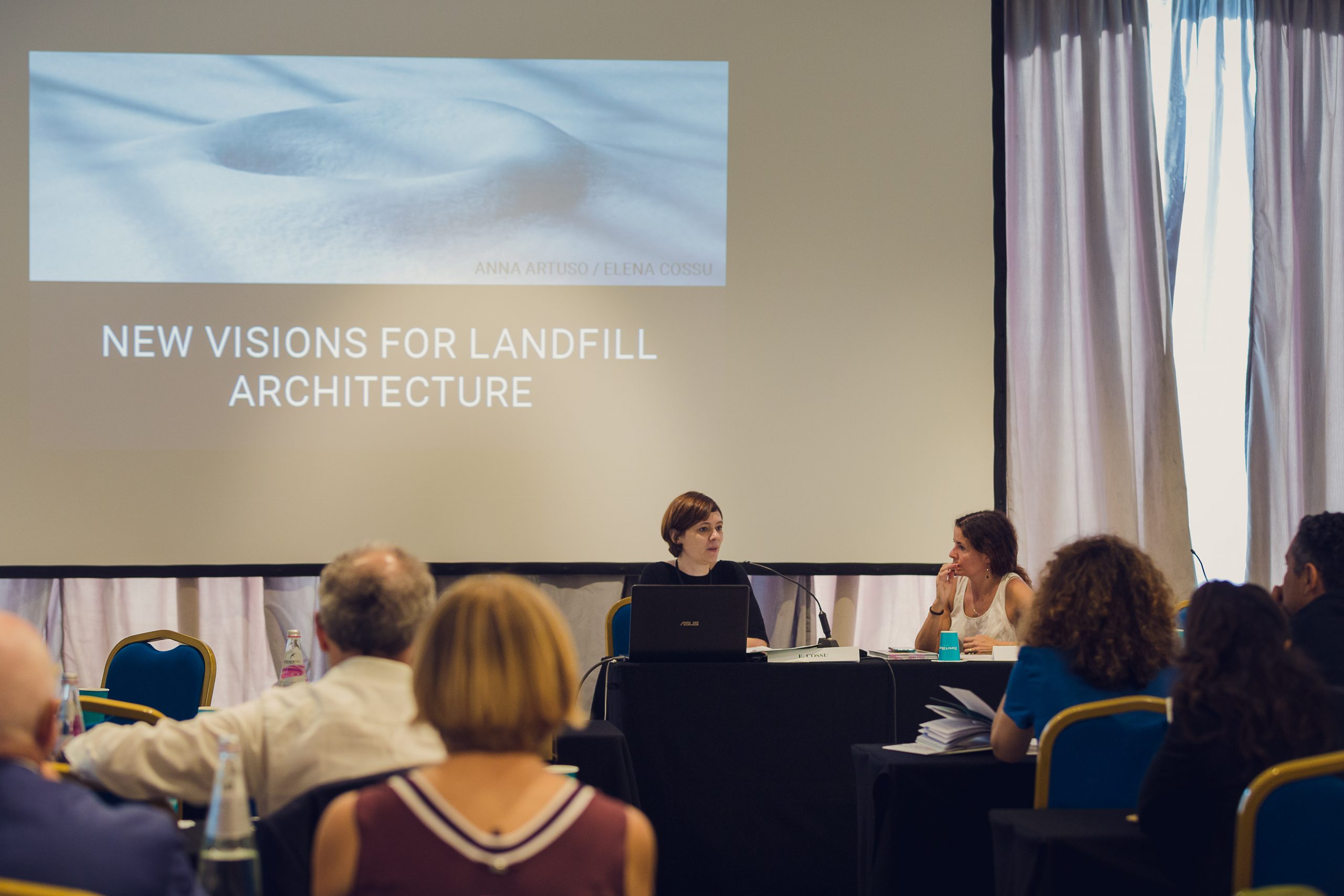 | WHY ARE WASTE MANAGEMENT FACILITIES SO UNATTRACTIVE? "Waste Architecture is a branch of the design field relating to the Architecture and Land Planning of waste management and disposal facilities based on projects ranging from a vast to a municipal and peri-municipal scale." Download full text |
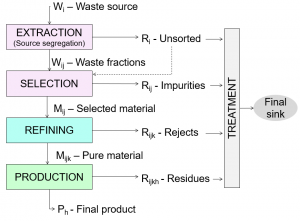 | WHAT ABOUT RESIDUES FROM CIRCULAR ECONOMY AND ROLE OF LANDFILLING? "The current European policy for waste management is based on the concept of Circular Economy, intended as a global strategy consisting in a set of actions aimed at maintaining the value of the products over a longer period, saving non-renewable resources and minimising waste generation." Download full text |
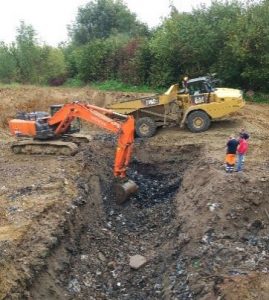 | ENHANCED LANDFILL MINING, THE MISSING LINK TO A CIRCULAR ECONOMY 2.0? "The transition towards a resource-efficient, climate neutral and circular economy is one of the Grand Societal Challenges of today, as recently endorsed by the European Commission in its European Green Deal (EC 2019). As part of this Green Deal the Commission will also launch a new Circular Economy Action Plan (foreseen in March 2020)... " |
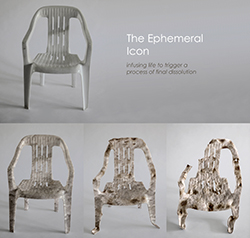 | LETTING REMAINDERS GET STUCK IN OUR THROATS "What is waste? To my eyes the carton in the middle of a roll of toilet-paper is something to put in the paper recycling bin, whereas my handicraft-minded daughter takes it for the upper-part of the pillar of a castle and my rats use it as construction material for their nest." |
 | SUSTAINABLE LOW-COST WASTE MANAGEMENT: LEARNING FROM AIRLINES "Waste management around the world is characterised by a very wide range of levels of technology and service efficiencies. Clearly, socio-economic conditions (such as financial resources, technical education, infrastructures, etc.) are the main issues at the basis of these differences..." |
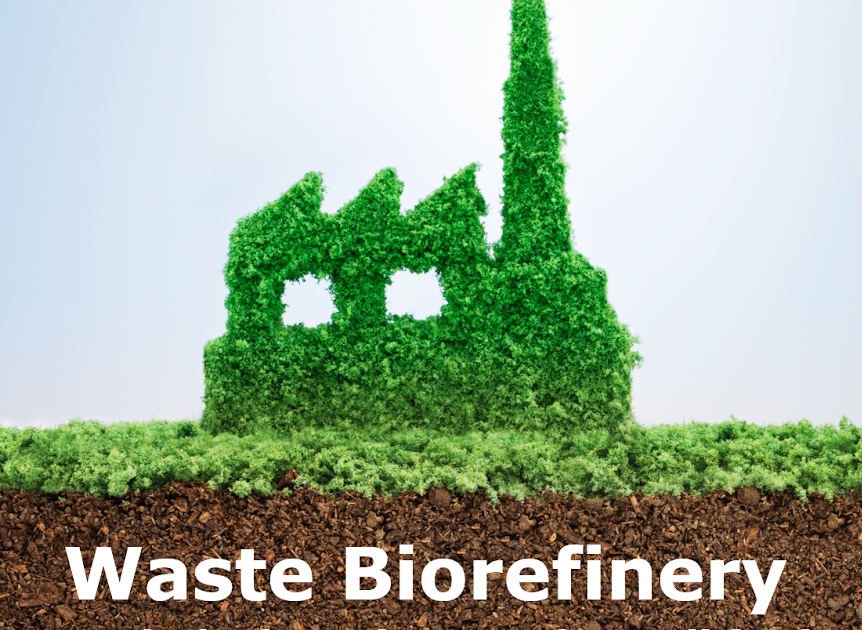 | WASTE BIOREFINERIES: OPPORTUNITIES AND PERSPECTIVES "Biorefinery concepts and technologies have developed rapidly and intensively for a series of reasons: Progressive implementation of the circular economy concepts / Population growth and associated concerns over availability of non-renewable resources, differentiation of strategic..." |
 | FROM 3R TO 3S: AN APPROPRIATE STRATEGY FOR DC'S "It is an acknowledged fact that the quality and generation rate of municipal solid waste (MSW) is largely linked to the lifestyle, welfare and cultural level of a society, with a production per capita ranging indicatively from 0.1 kg MSW/d in low income rural areas to 4.5 kg MSW/d in urbanized industrialised areas of the world (The World Bank, 2018). " |
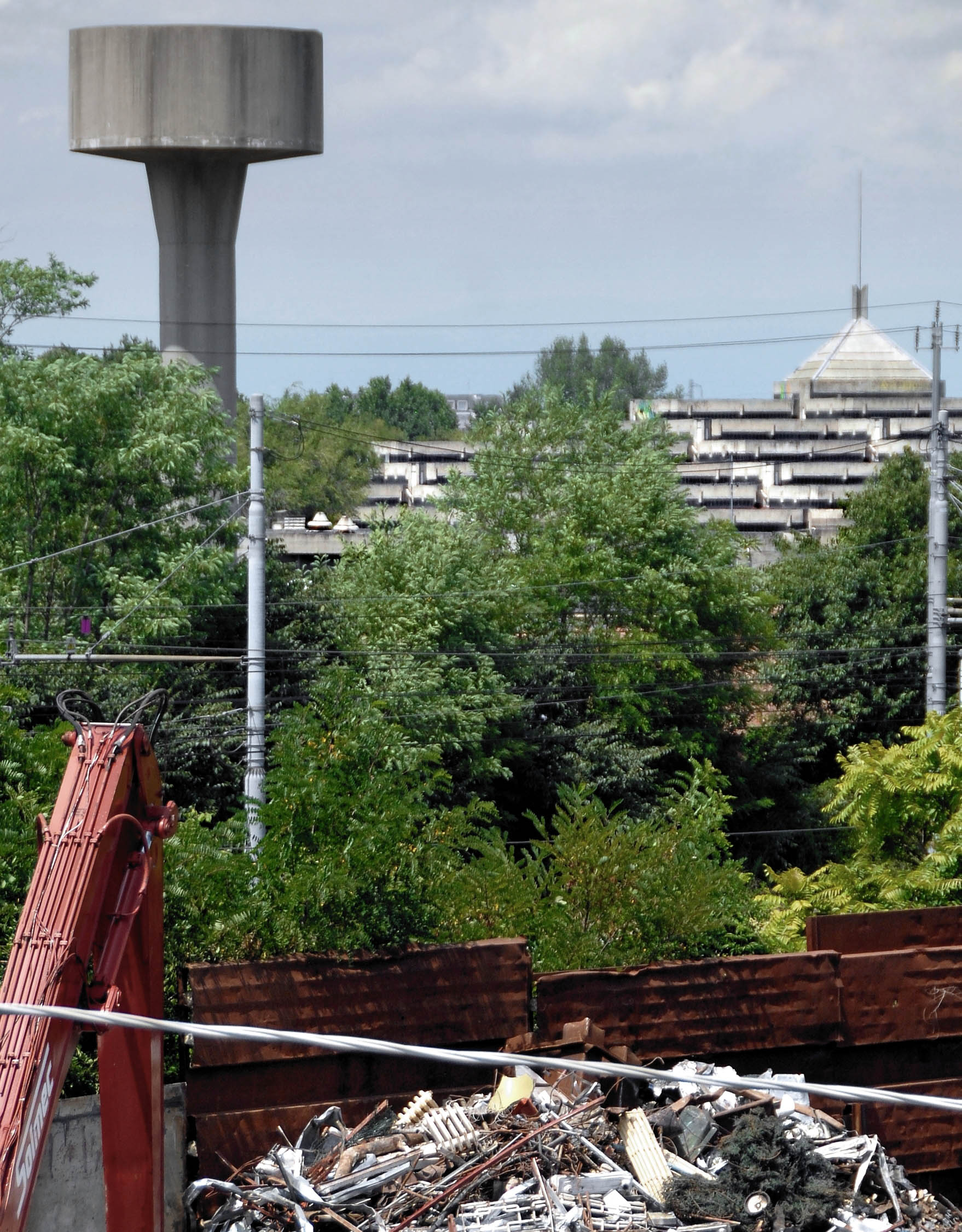 | THE POWER OF WRECK "The second French edition of Marc-Antoine Laugier’s (1713-1769) successful Essai sur l’architecture (Laugier, 1755) displays a rather well-known allegorical engraving by Charles-Dominique-Joseph Eisen (1720-1778). Besides giving a more visible explanation of his known theoretical approach (nature is the origin of everything, in a nut shell), the illustration, featuring Architecture as goddess seated on the ruins of a destroyed building showing a primitive hut to the genius of reason (a cupid), talks about landscape, nature and waste: three extraordinarily up-to-date items production-related debates still focus on." |
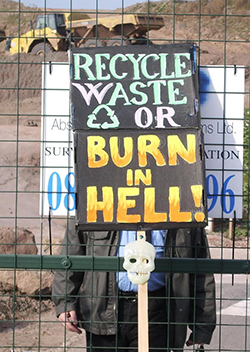 | LANDFILLING OR BIKING? “The first day of the Solid Waste Management course I teach at the University of Padua, Italy, I usually ask the students a simple question: |
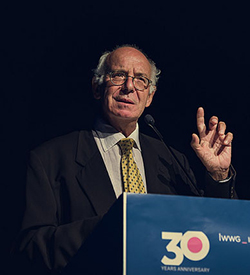 | WHY THIS JOURNAL? WHY THIS NAME? "Science is the main factor involved in promoting and guiding human progress. It implies hard work, and is based on innovation, validation and diffusion. Journals play a fundamental role in the validation, dissemination and recording of scientific results. Particularly in recent years, the publication of papers in referenced journals represents the main tool in legitimating and certifying scientific and academic careers." |
Editor in Chief: RAFFAELLO COSSU
